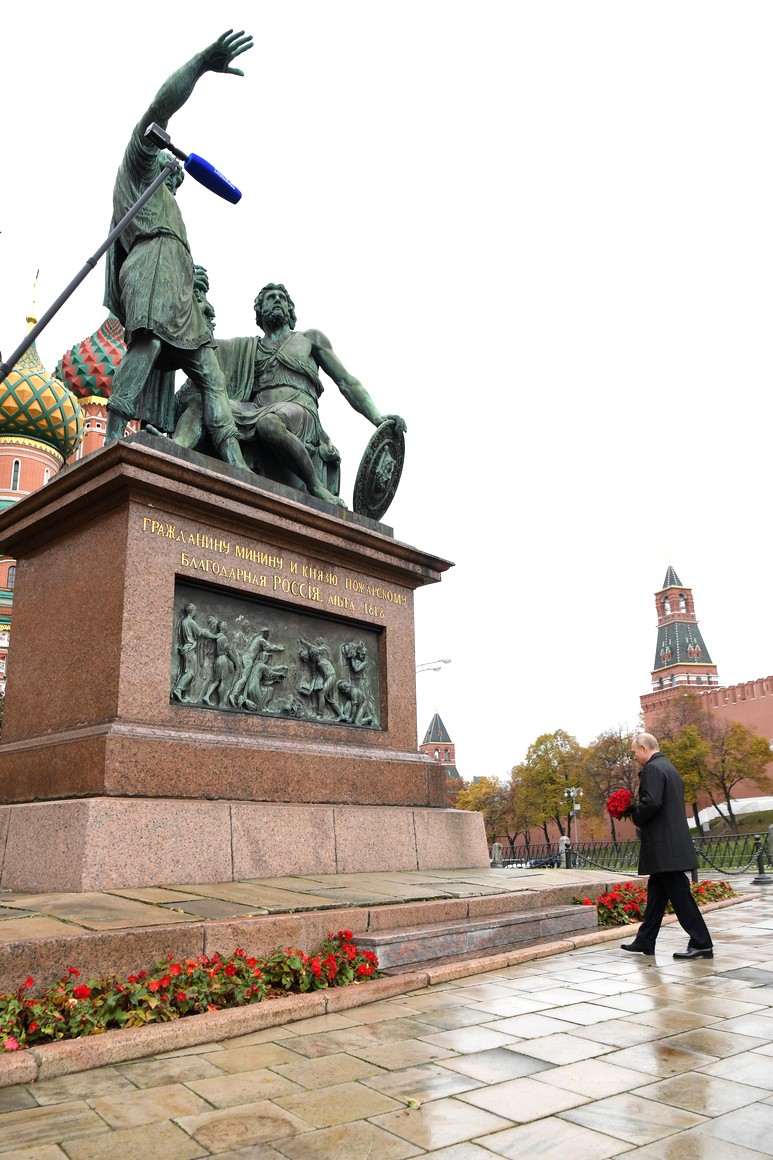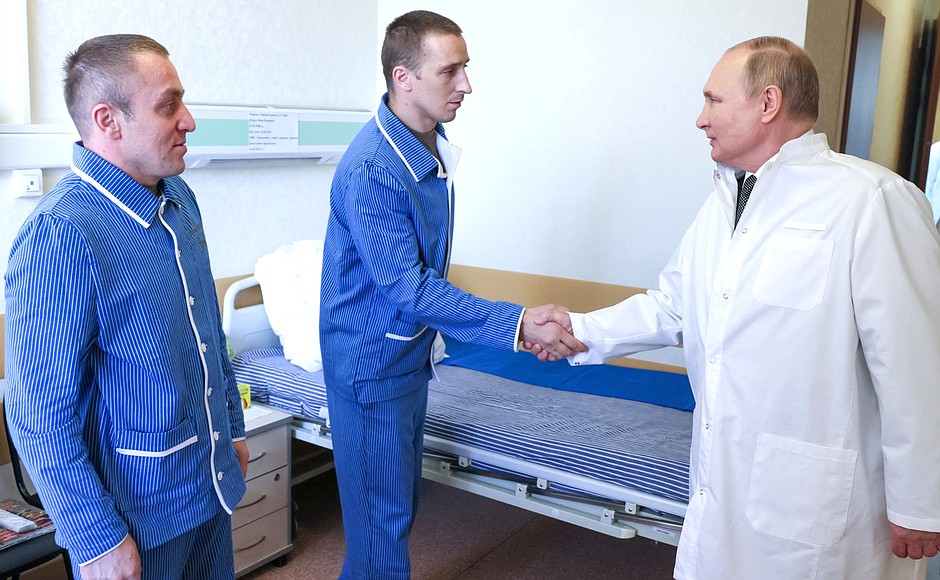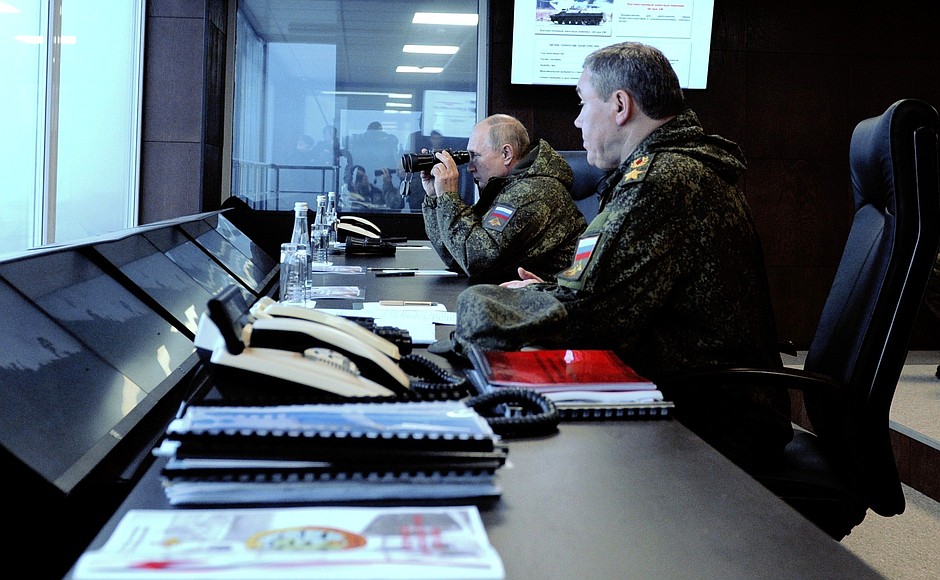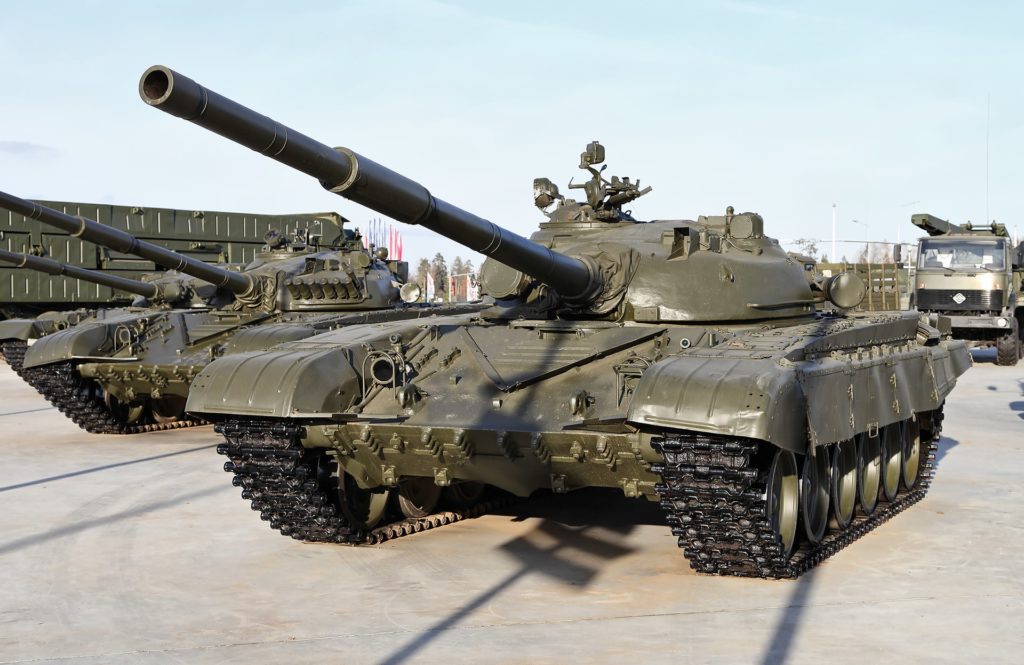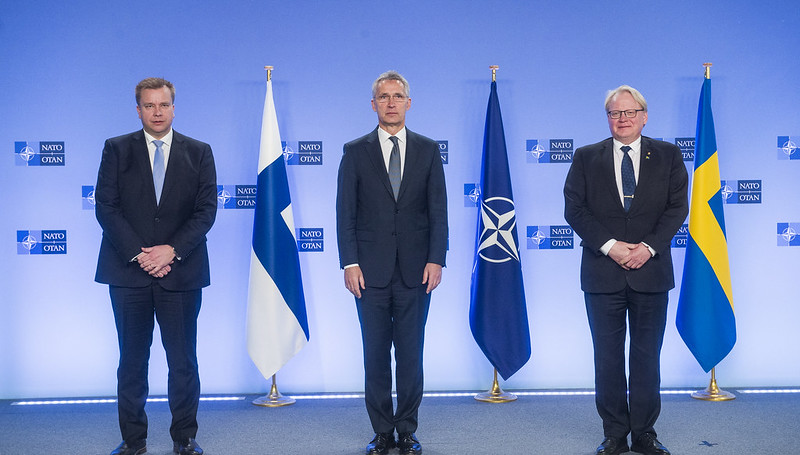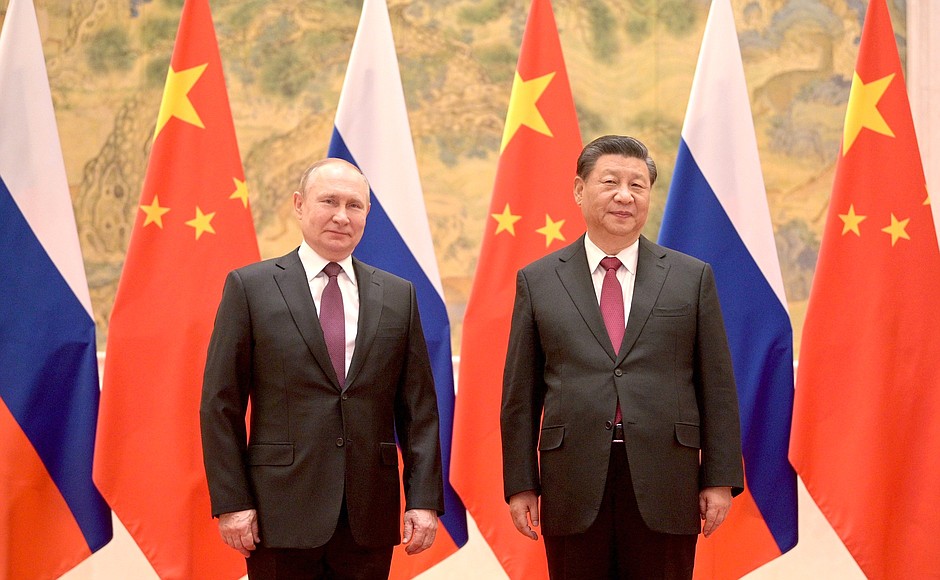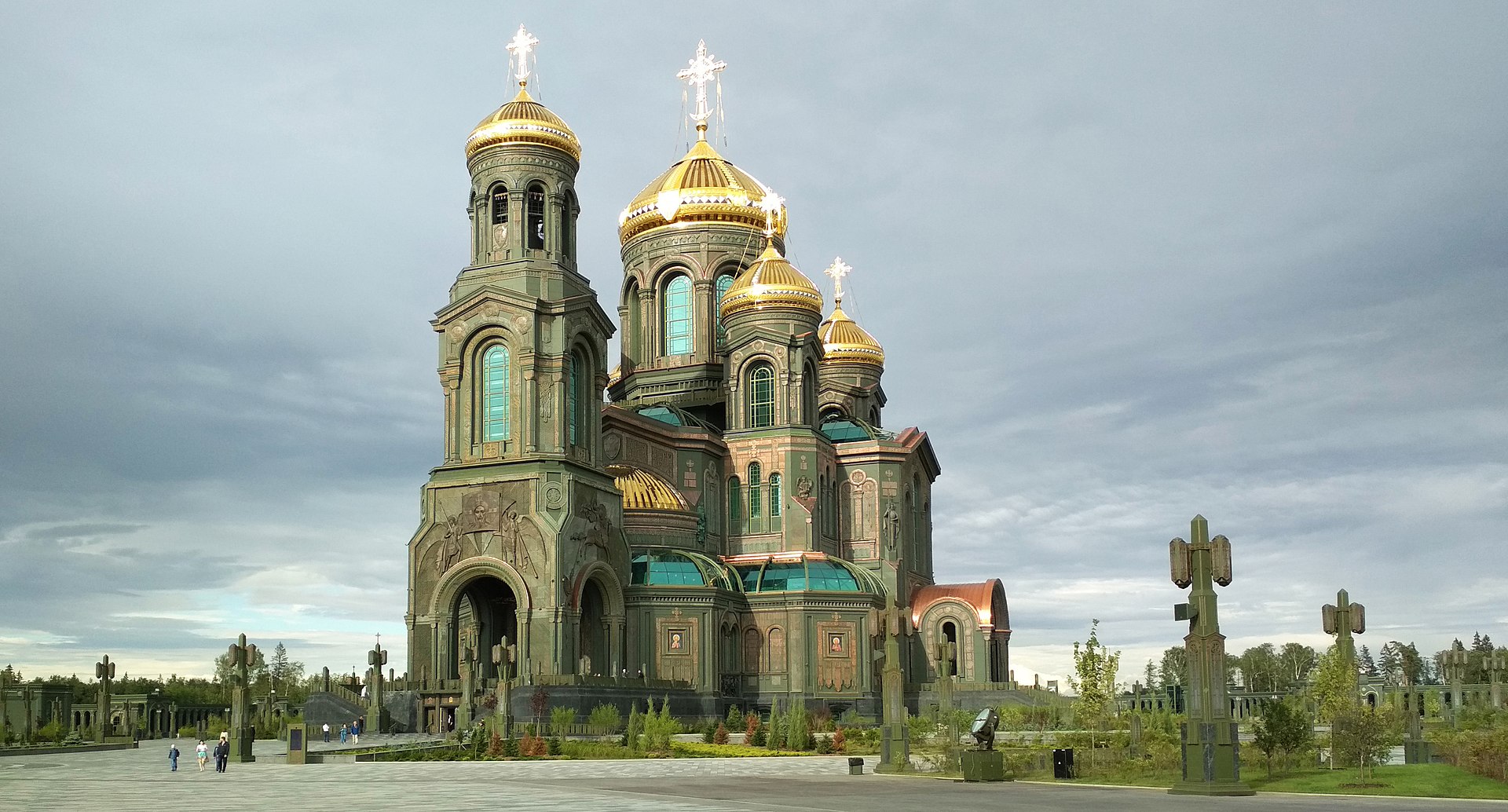“Social injustice in the payment of military labor can become a prerequisite for the disintegration of the army.”
The Kremlin continues to wrestle with manpower issues related to its so-called “special military operation” in Ukraine. What was envisioned as a quick operation with minimal forces has become a difficult slog requiring ever-more military personnel. The accompanying excerpt from an article in the semi-independent Nezavisimaya Gazeta highlights that after Russia’s September 2022 “partial mobilization,” which added 318,000 new soldiers, there are now questions regarding how to pay for this additional manpower, as well as growing pay disparities within the ranks of the Russian military.
The article reminds readers that the Russian Defense Ministry reported “that the minimum amount that military personnel called up as part of partial mobilization will receive will be 195,000 rubles (USD $3,145) per month.” After calculating personnel costs for the entire military, the author asserts that now at least 30 percent of defense spending will go to manpower. Traditionally, personnel costs have hovered around 15 percent of the defense budget. The author complains that “defense of the Fatherland is a constitutional duty of a citizen of the Russian Federation,” and that therefore, “he should fulfill it without powerful material incentives.” Mere patriotic rhetoric, however, has proven inadequate in motivating Russian soldiers.
Of note, the article also discusses the pay differential among those Russians who were recently mobilized and contract soldiers already serving in the military.[i] The article cites a retired general officer who claims that some of the recently mobilized are getting paid more than the officers who are training them. He warns that “social injustice in the payment of military labor can become a prerequisite for the disintegration of the army.” Another excerpt talks about “the danger of the material stratification of military personnel,” wherein certain soldiers are getting paid more than others doing similar work merely because they were mobilized. The article concludes by looking at some of the problems family members of mobilized soldiers have had in gaining access to their pay. In addition to causing morale problems in the Russian ranks, such high levels of manpower expenditures are likely to slow Russia’s investments in rearmament in the latter phases of the war and perhaps long after it ends.
Source:
Vladimir Mukhin, “Монетизация СВО способна привести к разложению армии (Monetization of the SVO can lead to the decomposition of the army),” Nezavisimaya Gazeta (semi-independent news source), 8 November 2022. https://www.ng.ru/armies/2022-11-08/1_8584_monetization.html
The Ministry of Defense of the Russian Federation reported that “the minimum amount that military personnel called up as part of partial mobilization will receive will be 195 thousand rubles.” A simple calculation shows that at least 62 billion rubles ($1bn) a month will be spent on paying for the military labor of 318,000 mobilized people participating in a special military operation (SMO). And if we take into account similar expenses for more than a million military personnel of the Armed Forces of the Russian Federation, then at least 1.5 trillion rubles will be spent on the payment of monetary allowances per year, that is, almost every third ruble planned in the expenditure side of the budget for national defense in 2023…. In any case, the conflict with Ukraine turned out to be costly for the Russian budget….
Attention is drawn to the fact that the lion’s share of the planned defense spending – at least 30% – will be directed to the material motivation of the military to serve. Russia has never foreseen such expenses in its recent history. Previously, the share of spending on military salaries in the defense budget was no more than 12-15%. But the defense of the Fatherland is a constitutional duty of a citizen of the Russian Federation, and ideally, he should fulfill it without powerful material incentives….
…Military expert, retired lieutenant general Yuri Netkachev believes that the state has correctly taken care of the material problems of the mobilized citizens and it is good that the families of the country’s defenders will receive financial support. “But why does this process apply only to the mobilized? There is a large stratum of servicemen in the Armed Forces who also participate in the SMO. But they do not have such material incentives as those announced by the Ministry of Defense for the mobilized,” General Netkachev told NG. “Social injustice in the payment of military labor can become a prerequisite for the disintegration of the army. In all my military service, I have never seen ordinary soldiers get more than the officers who command them. Right now, mobilized servicemen are being trained by officers of training platoons and companies. They are regular military men who, as a rule, have extensive combat experience. But it turns out that these experienced warriors, who train “green soldiers” called up from the civilians, to whom the state has already pocketed 200,000 rubles, receive several times less.”
Andrey Poleshchuk, chairman of the All-Russian Trade Union of Military Personnel (OPSV), also speaks about the danger of the material stratification of military personnel. He believes that “the financial decisions of the president, taken at the suggestion of the leadership of the Ministry of Defense, cannot but raise questions.” “We understand that it is necessary to materially interest the mobilized, to stimulate them to successfully solve combat missions, to reduce the intensity of passions in society,” he says. – But how to explain the situation to the officers who command these mobilized in the combat area, and they are not subject to the instructions of the Ministry of Defense of the Russian Federation on additional monetary surcharges. It turns out that they, professionals, should receive less or, at best, commensurate with the monetary allowance of their subordinates.”
…According to the representative of the Ministry of Defense Sergey Mikischenko, at the request of a soldier, his family will be able to receive monetary allowance: “The monetary allowance of a serviceman is credited to his current account, which the serviceman submitted. At the request of a serviceman, monetary allowance can be transferred to his relatives; for this, the serviceman must issue a power of attorney…. Andrey Poleshchuk draws attention to the organizational problem associated with this: “We are faced with the fact that not everyone managed to issue powers of attorney for relatives to receive funds. Now they don’t have that option. Perhaps it makes sense to consider the issue of transferring notarial powers to the commanders of military units. A similar practice existed in the USSR.”
Notes:
[i] For additional background on pay for Russian contract soldiers, see: Ray Finch, “Increase in Pay and Benefits for Contract Soldiers,” OE Watch, September 2019. https://community.apan.org/wg/tradoc-g2/fmso/m/oe-watch-articles-singular-format/323757

